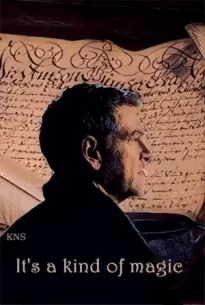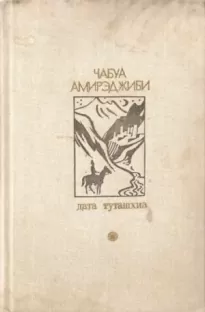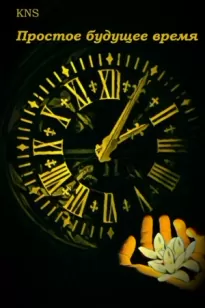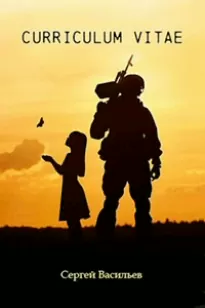Позитивные изменения. Том 3, № 3 (2023). Positive changes. Volume 3, Issue 3 (2023)
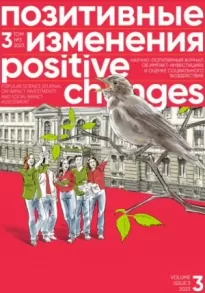
- Автор: Редакция журнала «Позитивные изменения»
- Жанр: Научная литература / Газеты и журналы
- Дата выхода: 2023
Читать книгу "Позитивные изменения. Том 3, № 3 (2023). Positive changes. Volume 3, Issue 3 (2023)"
STRATEGIC DIRECTIONS FOR UNIVERSITY DEVELOPMENT
In today’s context, strategic planning is gaining significance as a structured approach to decisions and actions undertaken by the management subsystem. These actions are directed toward formulating specific strategies that identify and allocate resources to achieve predefined goals.[124] The strategies are essential tools to foster the growth of social systems, encompassing both information and analytical components. They create spheres of influence that attract intellectual and financial resources, steering toward sustainable progress. A strategy in its essence is a constellation of elements: mission, vision, a framework of values and principles, strategic objectives, action plans, and a recognition of potential risks associated with their implementation.
A university’s development strategy is a comprehensive, long-term roadmap. It is carefully calibrated to align with prevailing trends, internal and external factors, all with the aim of addressing a diverse spectrum of tasks and enhancing the efficiency of the educational institution. Developing this program is a dedicated team of Kursk State University’s faculty and staff, under the guidance of Prof. E. L. Bashmanova, Doctor of Pedagogical Sciences.
Strategic documents typically focus specifically to an organization’s mission and overarching goal. The mission of Kursk State University centers on preserving and elevating its leadership within the regional innovative scientific and educational ecosystem, positioning the university as an international scientific and educational hub and maximizing contribution to the socio-economic development of the region through synergies with real-sector organizations and enterprises. The university’s primary goal is to become the core of a regionally focused educational ecosystem and an international scientific and educational center. Its mission is to nurture high-caliber professionals in key economic sectors, fostering human potential, and creating an environment suited for both professional and ethical individual growth.[125]
Embedded within the strategic development program are socio-cultural considerations that align with the students’ evolving needs. Among these considerations are a heightened focus on the quality of the educational environment and a transformation of the values in the learning process that emphasizes decentralization, proactivity, and collaborative engagement. This shift follows a transition from a dominant teaching model to a facilitative pedagogical interaction.
Let’s now look at the university’s strategic objectives, contextualized within the regional landscape and directly linked to the fulfillment of its third mission. These objectives span several key areas:
• Cultivating partnerships with organizations and enterprises within the real economic sector;
• Pioneering lifelong learning for diverse student cohorts, positioning the university as a harbinger of innovative educational practices in the region;
• Promoting a “culture of change,” facilitating knowledge transfer, commercializing scientific breakthroughs, and evolving the university into a catalyst for regional innovation;
• Engaging students in addressing the social and economic development challenges of the region.[126]
Let’s elaborate on some of these objectives.
The university actively develops collaborations with entities in the real economic sector, including Kursk Nuclear Power Plant, Tarasov Aviaavtomatika JSC, Mikhailovsky Mining and Processing Plant, Kurskrezinotekhnika JSC, Kurskkhimvolokno LLC, Electroagregat JSC, Pharmstandard-Leksredstva JSC, Geomash JSC, and others. Additionally, the university’s archaeologists play a pivotal role, conducting archaeological excavations of Old Slavic and Russian monuments spanning from the 4th to the 18th centuries AD. Staff of the Research Institute of Southeastern Russia Archaeology under Kursk State University consistently engage in archaeological endeavors, which precede land plot development and offer a range of services, including state historical and cultural evaluations. Furthermore, the region spearheads a project in biological safety, crafting methodologies for parasite monitoring and assessing levels of mutations among residents affected by the Chernobyl disaster. The university also collaborates actively with the local authorities, namely the Government of Kursk Region, Kursk City Administration, Kursk Regional Duma, Kursk City Assembly, the Rospotrebnadzor Department for Kursk Region, and others. KSU’s collaborative reach extends to Rosmolodezh, the Institute of Philosophy of the Russian Academy of Sciences, the Institute of Correctional Pedagogy of the Russian Academy of Education, the Central Federal District Department of the Bank of Russia, the Andrei Pervozvanny Foundation, the Ministry of Education and Science of Kursk Region, and other entities. On top of that, university staff members actively participate in the Expert Council, advising the Governor of Kursk Region.
The integration of academia and business, continuous education, and community involvement find expression within the strategic development program for the Kursk State University.
